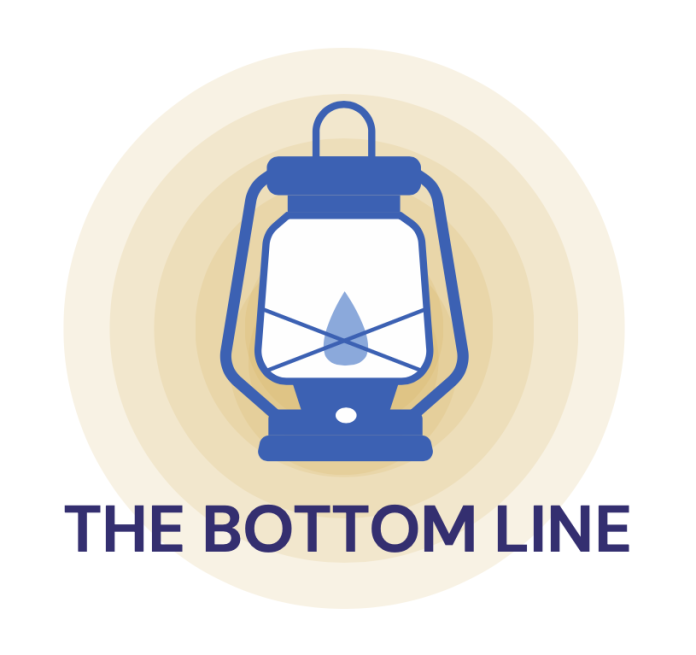Cassie Pataky
Opinions Editor
My friend identifies as a Republican (for context, I identify as a Democrat), and, if she could’ve voted in 2016, she probably would’ve voted for Trump. She’s one of the only people I really enjoy talking about politics to, because she’s informed, she’s articulate, and she’s not dying on any hills. She challenges my beliefs, makes me think about why I believe what I do. She’s passionate about her own beliefs, but leaves herself open to other ideas and perspectives.
This is a notable change from many of my liberal friends, who will often say something like, “If you don’t support XX, then you’re homophobic,” essentially guilting me into agreeing with them even if I don’t know the context. This kind of framework shuts down conversation. For fear of being seen as a bad person, I don’t question them. Even if it is not immediately clear to me why XX is homophobic, sexist, racist, etc, I don’t ask them to fill in the gaps, because I feel like I will either be dismissed or not receive an adequate explanation.
Often when I speak with my liberal friends, I find myself in an echochamber. We’re all just saying the same thing and not questioning it, not expanding on it, not strengthening it. We aren’t having real conversations: we don’t seek out people who disagree with us; we don’t challenge our mindset; we take our belief and claim it is the only correct one and that therefore anything the other side says is null.
This climate intimidates people like my Republican friend. She has described her hesitation to speak up about her beliefs when surrounded by liberals who speak so extremely. If you say “Fuck Trump,” that tells everyone that you are not willing to consider any of his policies, even the ones that aren’t explicitly racist, sexist, or homophobic. The phrase implies that you are not ready to negotiate with anyone who supports him, because you cannot walk into a room and have a civil conversation where you do not preach to everyone that your belief is the correct one. Yes, you may believe that Trump is an idiot, and I may believe that Trump is an idiot, but not everyone does, and we have to recognize that. We have to be cognizant of the other voices in the room, especially the ones that are quiet. Sometimes our extremity* excludes others. Sometimes our extremity prevents progress from being made.
Some may say that they don’t want to associate with Trump supporters, and they do not have to. For those of us who want to try to close the ever-widening gap between the left and the right, however, we must recognize that these blanket statements end up qualifying all Trump supporters as the same when they clearly aren’t? These statements place more moderate people — like my friend — into a position where they think their opinions will not be adequately heard or considered by the speaker, so, they think, what’s the point of saying anything? The discussion ends before it even begins.
I know there is a rhetoric of “there is no hearing the other side when the other side is racist,” and that’s your choice to not listen to the other side, but the reality is that there are two sides, whether you want to recognize the opposition or not. By sitting down and considering the other side, we learn more about them. From my Republican friend, I have learned that Trump appeals to her because of his economic policies, and many people support him for this reason alone.
I encourage you to sit down with someone on the opposite end of the political spectrum, ask them their opinion on immigration, and really listen to it. Maybe you don’t agree with it, but their argument probably has a logic behind it that will reveal what their concerns are. After listening to their opinion, have your opponent explain their thought process, question their logic, and reveal how your stance addresses their concerns. In other words, have a civil debate with them. Maybe you will change their stance. Maybe not. Either way, you have still bridged the gap between the two of you, creating a space to question our beliefs amidst a society of polarizing influences.
*I am using extreme to refer to our (liberals’) place in the political spectrum; I do not believe that our agenda is “extreme,” but, in relation to Republicans and (other) Democrats, our position is on the far left.











